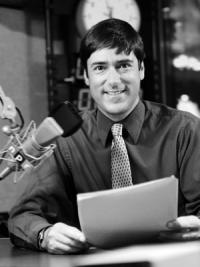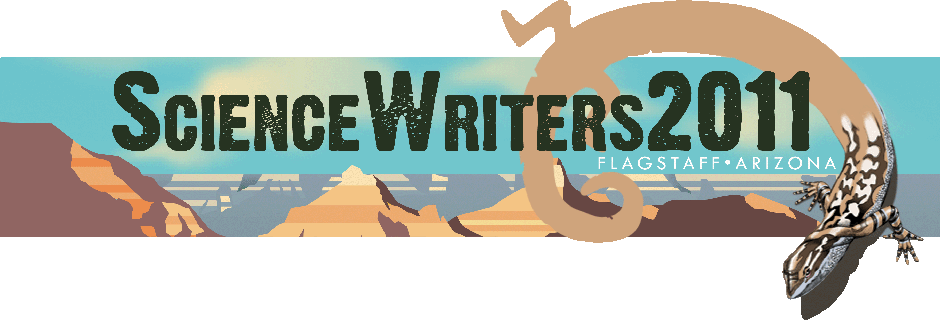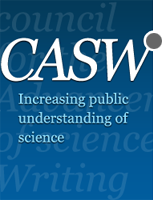Richard Harris

Position/Organization: Science Correspondent, National Public Radio
Award-winning journalist Richard Harris reports on science issues for NPR's newsmagazines Morning Edition, All Things Considered, and Weekend Edition. Harris, who joined NPR in 1986, has traveled to the ends of the earth for NPR. His reports have originated from Timbuktu, the South Pole, the Galapagos Islands, Beijing during the SARS epidemic, the center of Greenland, the Amazon rain forest and the foot of Mt. Kilimanjaro (for a story about tuberculosis). In 2010, Harris' reporting uncovered that the blown-out BP oil well in the Gulf of Mexico was spewing out far more oil than asserted in the official estimates. He covered the United Nations climate negotiations, starting with the Earth Summit in Rio de Janeiro in 1992, followed by Kyoto in 1997 and Copenhagen in 2009.
Harris was a major contributor to NPR's award-winning 2007-2008 “Climate Connections” series. Over the course of his career, Harris has been the recipient of many of the journalism and science industries' most prestigious awards. The University of California at Santa Cruz awarded Harris the 2010-11 Alumni Achievement Award – the school's highest honor. In 2002, Harris was elected an honorary member of Sigma Xi, the scientific research society. Harris shared a 1995 Peabody Award for investigative reporting on NPR about the tobacco industry. As part of the team that collaborated on NPR's 1989 series “AIDS in Black America,” Harris was awarded a Alfred I. duPont-Columbia University Silver Baton, a first place award from the National Association of Black Journalists and an Ohio State Award. In 1988, Harris won the American Association for the Advancement of Science Journalism Award for his report, “Anti-Noise: Can Technology Turn Noise into Quiet?” which explored a revolutionary technology that uses computer-generated noise to cancel out, not just mask, unwanted noise. Before joining NPR, Harris was a science writer for the San Francisco Examiner. From 1981 to 1983, Harris was a staff writer at The Tri-Valley Herald in Livermore, California, covering science, technology, and health issues. Under the auspices of the American Association for the Advancement of Science, Harris spent the summer of 1980 as a Mass Media Science Fellow reporting on science issues for The Washington Star, in Washington, D.C. Harris is co-founder of the Washington, D.C., Area Science Writers Association, as well as past president of the National Association of Science Writers. A California native, Harris was valedictorian of his college graduating class at the University of California at Santa Cruz in 1980. He earned a bachelor's degree in biology, with highest honors.
Speaking:
-
Saturday, October 15th, 3:30 pm - 5:00 pm


